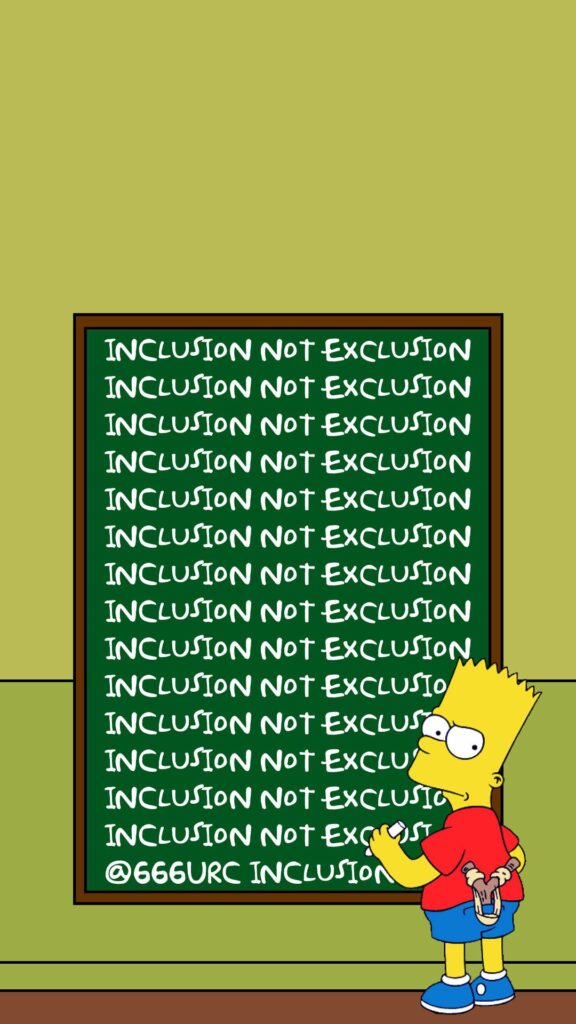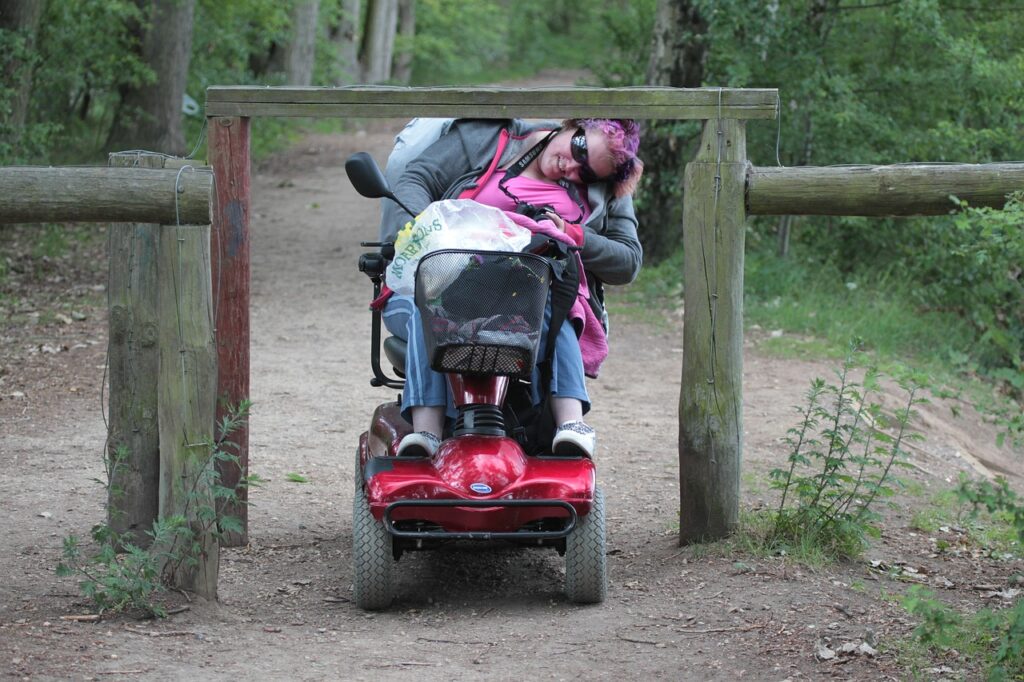Embracing disability
Let’s think about the question of disability through the lens of Luke 14:1-24. It is the account of a dinner party that Jesus attended; Luke describes a lot of dinner parties; this is the last one Jesus is at with the Pharisees.
There’s a disabled man there too. Apparently people sometimes tagged along to dinner parties of the wise and learned, to hang around and listen to what was said. We don’t know if he is one of those, or whether the Pharisees have intentionally brought him along as a prop, but he clearly doesn’t have a seat, and hasn’t been included in the catering. But either way, the Pharisees are treating him as an object rather than a person. It’s the Sabbath, and they want to see if Jesus will heal him, because apparently it’s ok to host a dinner party on the Sabbath, but not to heal a sick person.
Jesus heals the disabled man, then sends him away. After all, no-one wants to be at a dinner party as a talking point rather than an invited guest.
Jesus then tells a series of four parables, after which he is never invited back.
The first (v5-6) is a simple question about whether the Pharisees would care for a child or even an ox that needed help on the Sabbath. The implication is that they would care about a child; they would even care about a cow; so they should definitely care about the disabled person who had been in front of them, but instead they saw him as a mere object. I wonder if there’s an echo of the end of Jonah there – it’s got the same thought structure…
The second (v7-11) is the parable of the wedding feast. The guests at the dinner party were jostling for position; they didn’t honour the disabled man, but they did want to honour themselves. Jesus says that instead of seeking their own glory, they need to be humbler, because
all those who exalt themselves will be humbled, and those who humble themselves will be exalted.
The implication, which becomes clearer as the passage goes on, is that they need to be more like the disabled man, who didn’t even have a place at the feast.

neurodiversity in scripture

Inclusion

The third parable (v12-14) is about who we invite to parties. Instead of inviting the great and the good, we should invite “the poor, the crippled, the lame and the blind”. Why? Again it’s because of what God will do in the future. Inviting the poor, crippled, lame and blind to share what we have is tied to humbling ourselves, and we do it because we know those who humble themselves will be exalted. In other words, you can see who is going to be rewarded and blessed by God by how they treat those who the world sees as the least, the poor and disabled. If we trust in what God will do in setting the world right, we will show that by caring for the poor and the disabled in the present.
There’s then a brief break in v15. One of the dinner party guests says what is probably meant to be a platitude which links in with the dinner party and changes the subject to something more pleasant. “Blessed is the one who will eat at the feast in the kingdom of God.”
But Jesus doesn’t let him change the subject. It is particularly noticeable that the man is referring to the Jewish conception of the Messianic banquet, which originally comes from Isaiah 25:6-9, where it includes the nations, and where God wipes away every tear from people’s eyes. But Jewish handling of the idea between Isaiah and Jesus tended to have the nations only there to be judged, and even included the explicit exclusion of people who are crippled, lame and blind from the banquet.
The fourth parable (v16-24) is the parable of the Great Banquet. The people who were initially invited to the banquet end up outside because they reject the one who announces the Kingdom, but the “poor, the crippled, the blind and the lame” end up welcomed in. The implication is clear – the Pharisees who reject Jesus are excluded, but the poor and the disabled people they look down on are included, as too are those Gentiles who accept the invitation (v23-24).
Last time I preached this parable, I asked who we wanted to be in the parable. Do we want to be the respectable people who knew the scriptures, or do we want to be the poor, the crippled, the blind and the lame? Because one group think they already have everything they need and end up excluded; the other depends on God’s grace, and find themselves welcomed in.
So, what does this all mean for autism?
- Jesus cares about all disabled people, especially those who are marginalised or treated as objects by the religious authorities.
- Those who don’t let autistic (or other disabled) people take a full part in the life of the church are acting in a way which suggests that they aren’t themselves part of the Kingdom of God. They are seeking their status, rather than trusting in God’s future hope.
- Those leaders will end up excluded, but the poor and disabled who accept God’s invitation will end up honoured in God’s kingdom.
- We should all aim to be like the poor, the crippled, the blind and the lame, who receive God’s grace as something that we could never hope to earn. Being disabled is good in this parable, because we encounter God as our gracious provider and rescuer.
- Our response to being included in the Kingdom of God should be like the servant’s mission – to go and find those who are excluded, whether that is because of poverty, physical or neurological conditions, or whether they have just never heard about God’s banquet, and do what it takes for them to accept the invitation to come in.
And there is of course hope for those who have messed up – who have been proud or who have excluded others. One of the wonderful things about the poor, the crippled, the blind and the lame being welcomed into the kingdom is that it means anyone is welcome, so long as we are humble enough.
There is a height limit for this ride, but it’s a maximum height, not a minimum one, and wheelchairs are welcome.

John Allister
John Allister is the vicar of St Jude’s Church in Nottingham, England.
He is autistic, and has degrees in Theology and Experimental & Theoretical Physics.


